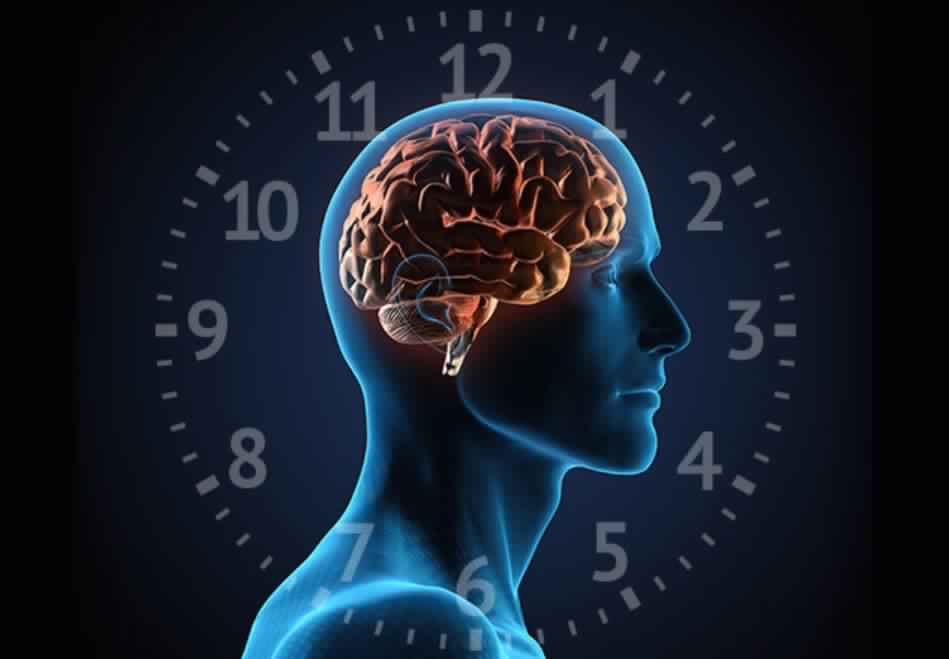What is Circadian Rhythm?
- Circadian rhythm sleep wake disorders are characterized by a disturbance or disruption to the normal circadian rhythm which causes the patient to experience excessive daytime sleepiness, insomnia, or both.
- The human body has a master circadian clock in a control center of the brain known as suprachiasmatic nucleus (SCN).
- This internal clock regulates the timing of body rhythms such as temperature and hormone levels.
- The master circadian body clock controls the sleep-wake cycle.
- The circadian clock is set primarily by visual cues of light and darkness that are communicated along a pathway from the eyes to the SCN. This keeps the clock synchronized to the 24-hour day.
- Other time cues, known as Zeitgebers, also can influence the clocks timing. These include meal and exercise schedules.

